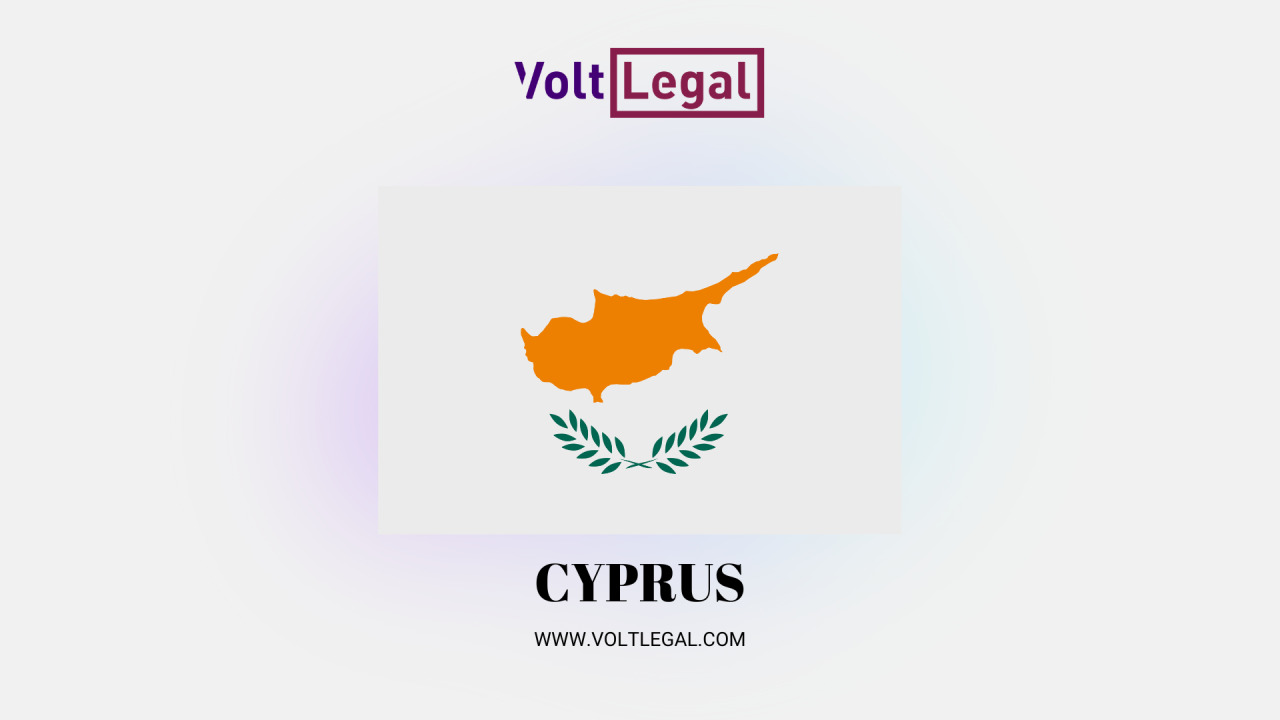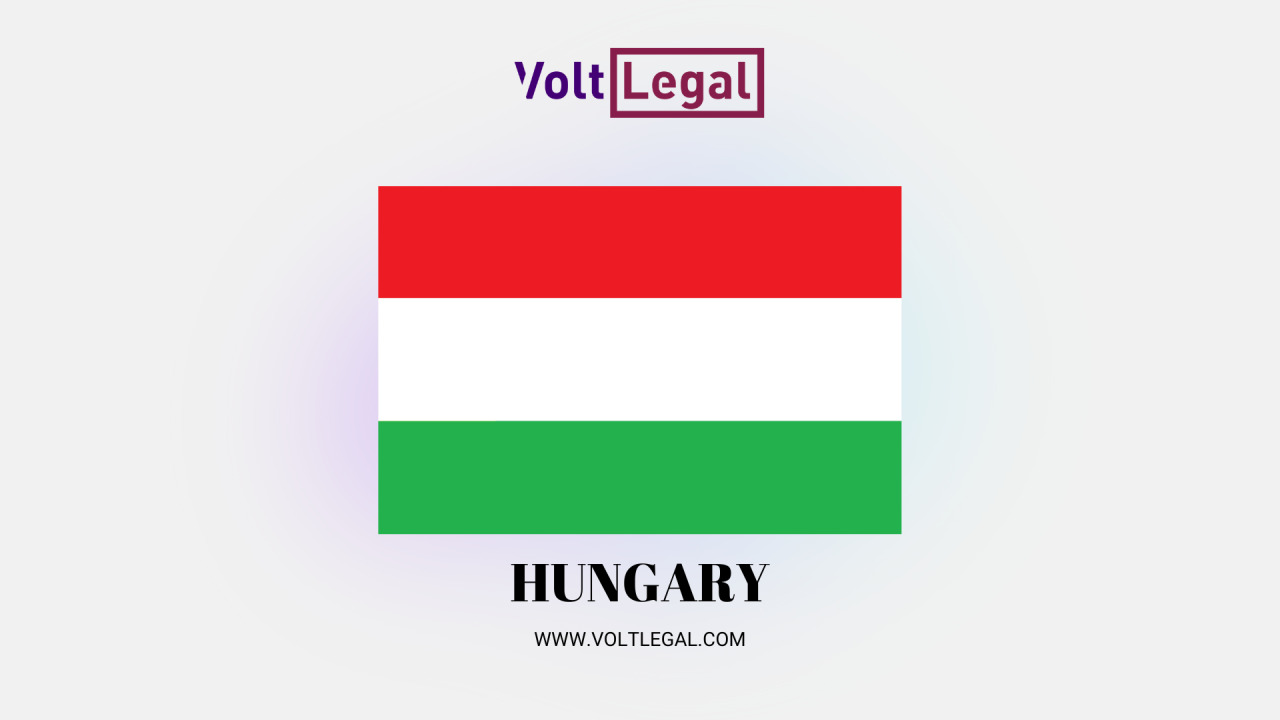A Small Payment Institution (SPI), or Mała Instytucja Płatnicza (MIP) in Polish, offers a gateway for small and mid-sized payment service providers to establish a foothold in Poland’s rapidly growing financial market. As a simplified and cost-effective option compared to a full National Payment Institution (NIP) license, the SPI is ideal for startups and companies seeking to test the Polish market with reduced regulatory and financial requirements.
Poland’s regulatory framework offers significant flexibility, making it an attractive jurisdiction for fintech companies and payment service providers. Here’s an in-depth look at the requirements, benefits, and registration process for obtaining a Small Payment Institution license in Poland.
Key Facts About Small Payment Institutions in Poland
- Small Payment Institutions in Poland enjoy a relatively low barrier to entry, with flexible requirements tailored to smaller businesses and fintech startups. One of the key advantages is that there is no mandatory initial capital requirement, except for cases specified by Polish laws, such as the Polish Commercial Companies Code or the Consumer Credit Act.
- SPIs have no specific legal form requirement, meaning businesses can be set up as joint-stock companies, limited liability companies, or even sole proprietorships. This flexibility makes it easier for entrepreneurs to structure their companies based on their business goals.
- The services provided by SPIs include maintaining payment accounts, executing wire transfers, payment instrument issuance and transfers, acquiring payments, and providing money remittance services. However, open banking services like Payment Initiation Services (PIS) and Account Information Services (AIS) are not permitted under the SPI framework.
- One important limitation is the territorial scope—SPIs can only offer their services within Poland. Additionally, client funds in any payment account managed by an SPI cannot exceed €2,000 per client. Furthermore, the average monthly value of all transactions must not exceed €1,500,000. If this threshold is exceeded, the company must either scale down its operations or apply for a National Payment Institution (NIP) license.
- The registration process for an SPI typically takes around 3 months, provided the application is complete and meets all regulatory requirements. SPIs are also required to appoint an Anti-Money Laundering (AML) Officer, and directors of the institution must comply with general legal requirements, including having a clean criminal record.
Benefits of Establishing an SPI in Poland
1. Ideal for Small and Medium-Sized Businesses
SPI status is particularly beneficial for startups and small fintech companies seeking to enter the Polish market with lower regulatory hurdles. With no capital requirement, businesses can quickly start offering payment services without significant financial burden.
2. Simplified Legal and Regulatory Requirements
Unlike National Payment Institutions, SPIs are not subject to stringent capital and compliance requirements. This makes the licensing process faster and more accessible, providing startups with an opportunity to grow before applying for a full NIP license if needed.
3. Hybrid Business Models
An SPI can operate as a hybrid institution, combining payment services with non-payment services such as currency exchange, data processing, or even e-commerce. This flexibility enables businesses to diversify and offer a broad range of services to their clients.
4. Low Initial Cost
There is no minimum capital requirement for most SPI registrations, making it affordable for new businesses to enter the payment services sector. The only costs involve administrative fees and ensuring compliance with Polish regulations.
5. Rapid Market Testing
Entrepreneurs can use the SPI structure to test the Polish market, gain regulatory experience, and understand client needs before scaling their business further or expanding into other EU countries.
What Services Can a Small Payment Institution Provide?
SPIs in Poland can provide a wide range of payment services, including:
- Maintaining payment accounts (e.g., storing user funds, making cash withdrawals).
- Executing wire transfers and payment instrument transfers (e.g., credit cards, mobile payment systems like BLIK).
- Issuing payment instruments (payment cards, digital wallets).
- Acquiring payments (enabling merchants to accept card or mobile payments).
- Providing money remittance services.
However, SPIs cannot offer open banking services, specifically:
- Payment Initiation Services (PIS).
- Account Information Services (AIS).
Key Limitations of SPIs
Despite their flexibility, SPIs operate under certain limitations:
- Limited Territory: SPIs can only provide services within Poland, including through branches.
- Client Fund Limits: A client’s funds held in payment accounts cannot exceed €2,000.
- Transaction Volume Cap: The average monthly value of transactions must not exceed €1,500,000. If this limit is exceeded, the SPI must either scale down operations or apply for a National Payment Institution (NIP) license within 30 days.
Hybrid Payment Institutions: Combining Payment and Non-Payment Services
Many SPIs in Poland operate as hybrid institutions, offering additional services beyond payment processing. For instance, an SPI can combine payment services with:
- Currency exchange services.
- Funds storage and management.
- Data processing and analytics.
Hybrid SPIs must provide a description of these non-payment services when applying for a license and notify the Polish Financial Supervisory Authority (KNF) if their business model changes.
Step-by-Step Guide to Registering a Small Payment Institution
Step 1: Prepare a Comprehensive Business Plan
The application process starts with a detailed business plan covering:
- Planned payment services.
- A financial and business plan for the first 12 months.
- Organizational arrangements for tracking transactions.
- Risk management and AML procedures.
Step 2: Develop Internal Procedures
Applicants must submit detailed internal procedures, including:
- AML and KYC policies.
- Risk management strategies.
- Procedures for protecting user funds.
- A description of additional non-payment activities (if applicable).
Step 3: Pay the Stamp Duty
A fixed fee of 616 PLN is required when submitting the application.
Step 4: Submit the Application to the KNF
Applications can be submitted through:
- The ePaup electronic platform.
- By mail.
- In person at the KNF office.
How Long Does Registration Take?
The KNF typically processes applications within 3 months, provided the application is complete. If additional information is needed, the processing time may be extended.
Maintaining Compliance as an SPI
SPIs are subject to ongoing supervision by the KNF and must maintain compliance with Polish regulations, including:
- Submitting regular reports on transaction volumes.
- Ensuring proper customer onboarding procedures.
- Maintaining updated internal policies on AML, KYC, and risk management.
Scaling Beyond SPI: Transitioning to a National Payment Institution
If an SPI exceeds the transaction limit of €1,500,000 per month, it must apply for a National Payment Institution (NIP) license or scale down operations. The NIP license allows for:
- Higher transaction volumes.
- Expanded service offerings beyond Poland.
- Access to the EU market through passporting rights.
Conclusion: Why Choose SPI in Poland?
The Small Payment Institution model provides a low-risk, cost-effective entry point for fintech companies and startups in Poland. With simplified registration, no initial capital requirements, and the ability to offer a wide range of services, SPIs are ideal for businesses looking to establish a presence in Poland’s growing payment services sector. As your company grows, the SPI license can serve as a stepping stone toward broader European expansion through a National Payment Institution license.










